The Beginner's Guide to Indoor Plants
You can become a new plant parent, and these key tips will help you better manage this new addition to your home.
First, take a deep breath and relax. Owning plants should be relaxing and fun. Most new plant owners think that plant care is complicated, time-consuming, or more about luck than skill. None of this is true. Plant care requires consistency, basic knowledge of your plant's specific needs, and, above all, a lot of patience.Tip 1: Know your plant
Every plant is different. With time and experience, you'll begin to recognize the needs of individual plants. Some plant varieties They require very little attention and don't need to be disturbed. Just let them be and enjoy the positive effects they have on your home.Other potted plants require a little more care. Certain plants, such as tropical houseplants, need regular misting to increase their humidity; some plants are sensitive to common salts and chemicals in tap water; and others need their soil to be moist. Read the care card included with your plant, and if you're still unsure, Contact the Nau Green team and we will help you get to know your new plant better.
Tip 2: Don't overwater your plant
The most important thing to remember is NOT TO OVERWATE YOUR PLANT. When reading the care card for your specific plant, pay close attention to the watering instructions.One of the most common mistakes I see new plant parents make is giving their plants too much water. A good rule of thumb for most plants is to water when the top 1-2 inches of soil is dry (use your finger to test the soil). Plants don't like sitting in soggy soil, so make sure you're pouring excess water from the saucer after watering.
Tip 3: Choose the right place
Choosing the right location for your houseplants starts with choosing the right plant for the light you have.
Some of the best indoor plants, such as the Bambo the Palm Tree, the Monstera, Philodendrons are fairly low-maintenance and can easily adapt and thrive in light environments, from low to high indirect light. Other plants, such as hedges and aloe, They need bright light for much of the day to thrive. Some can adapt and even prefer low-light, darker areas.
If you need help figuring out what type of light you have and what plants will do well in that spot, chat with our team and we can help you choose the best plants for your space!




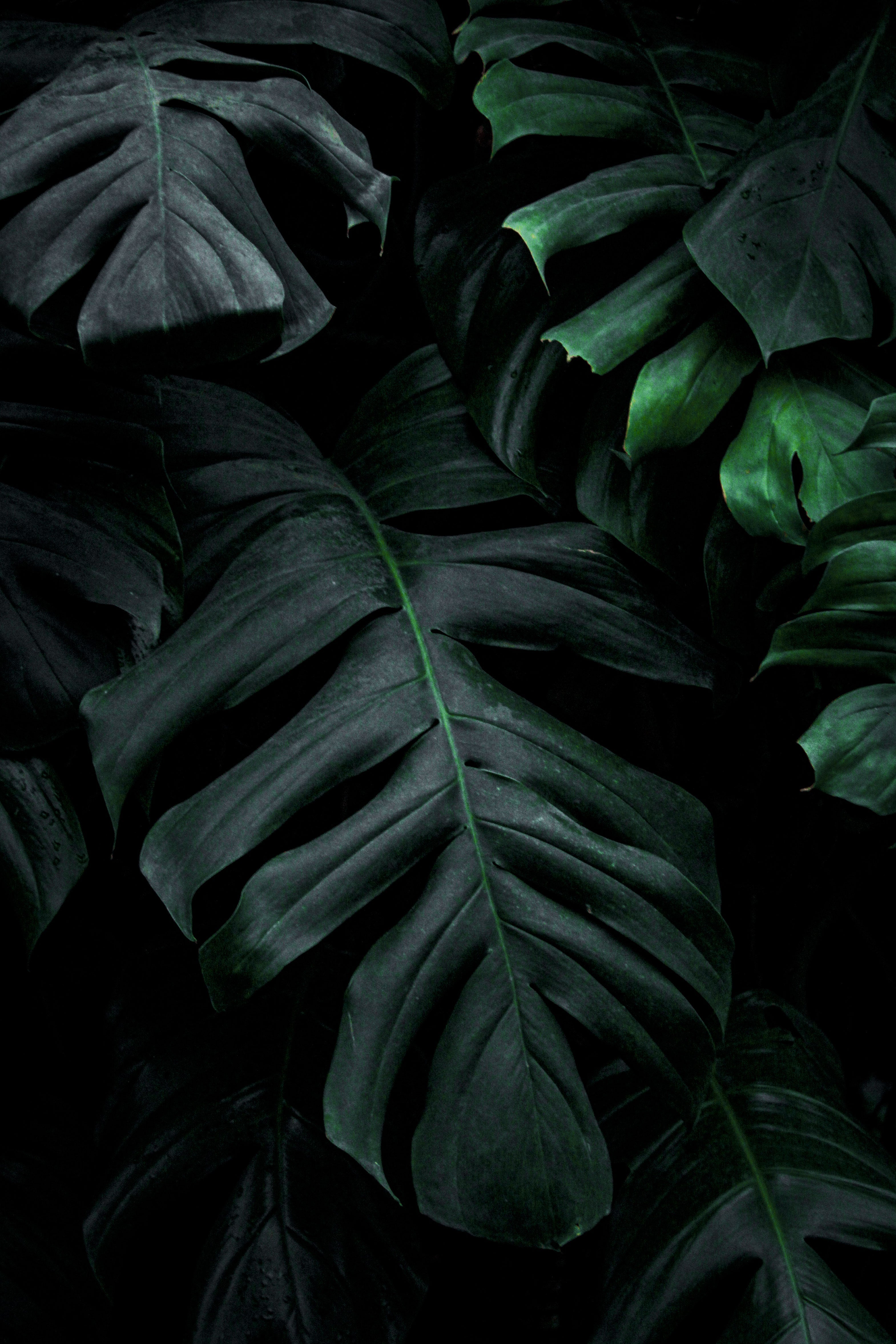
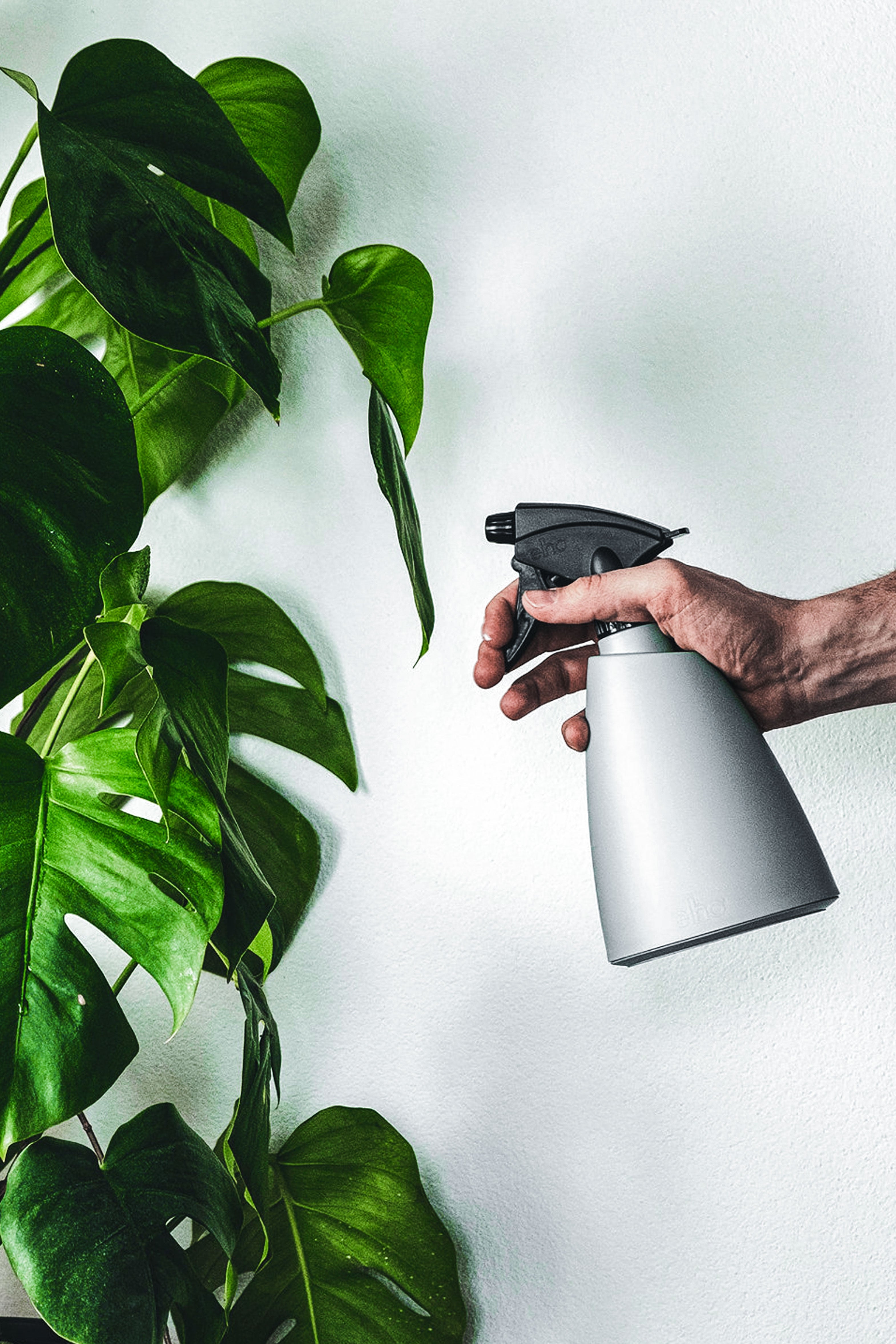
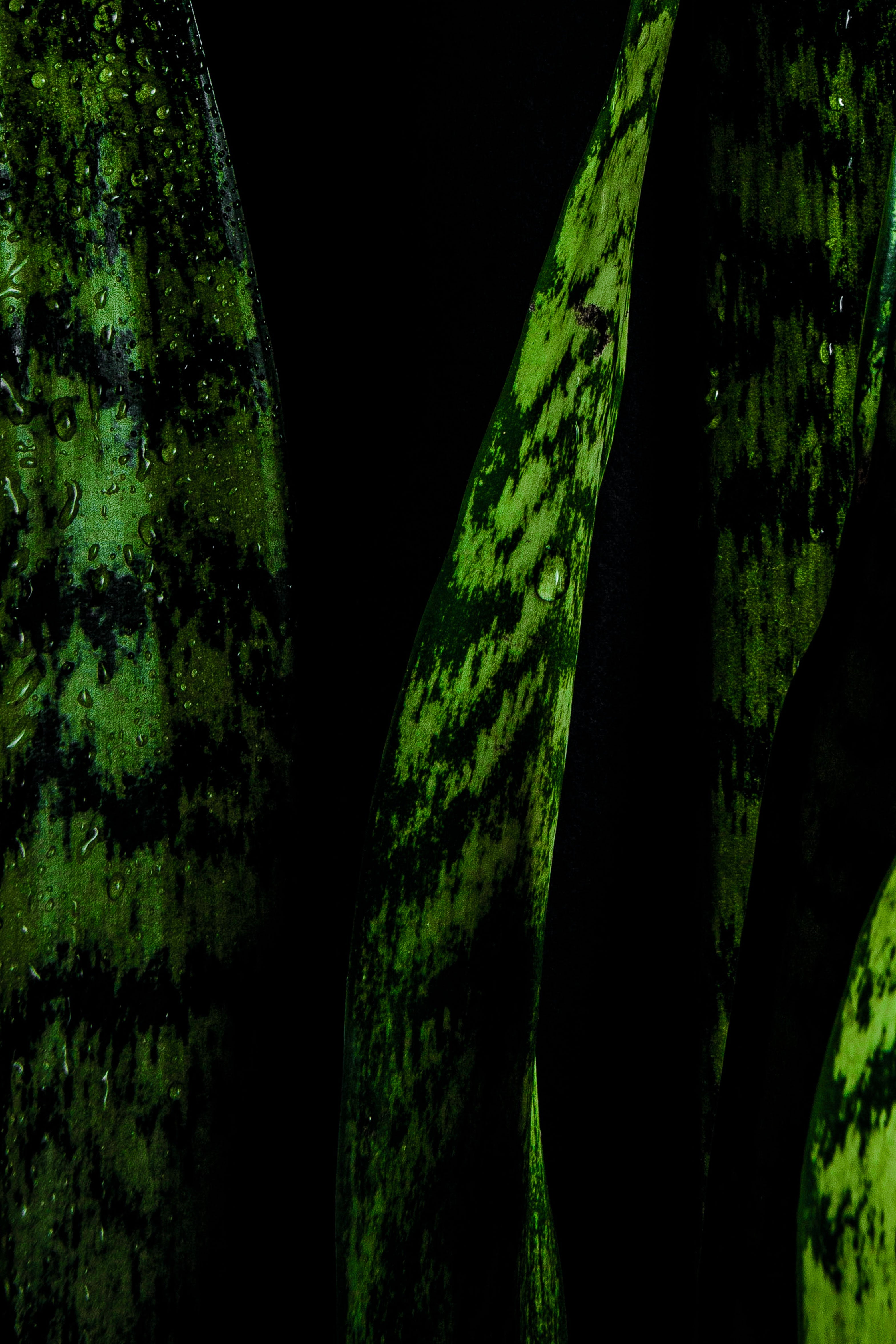
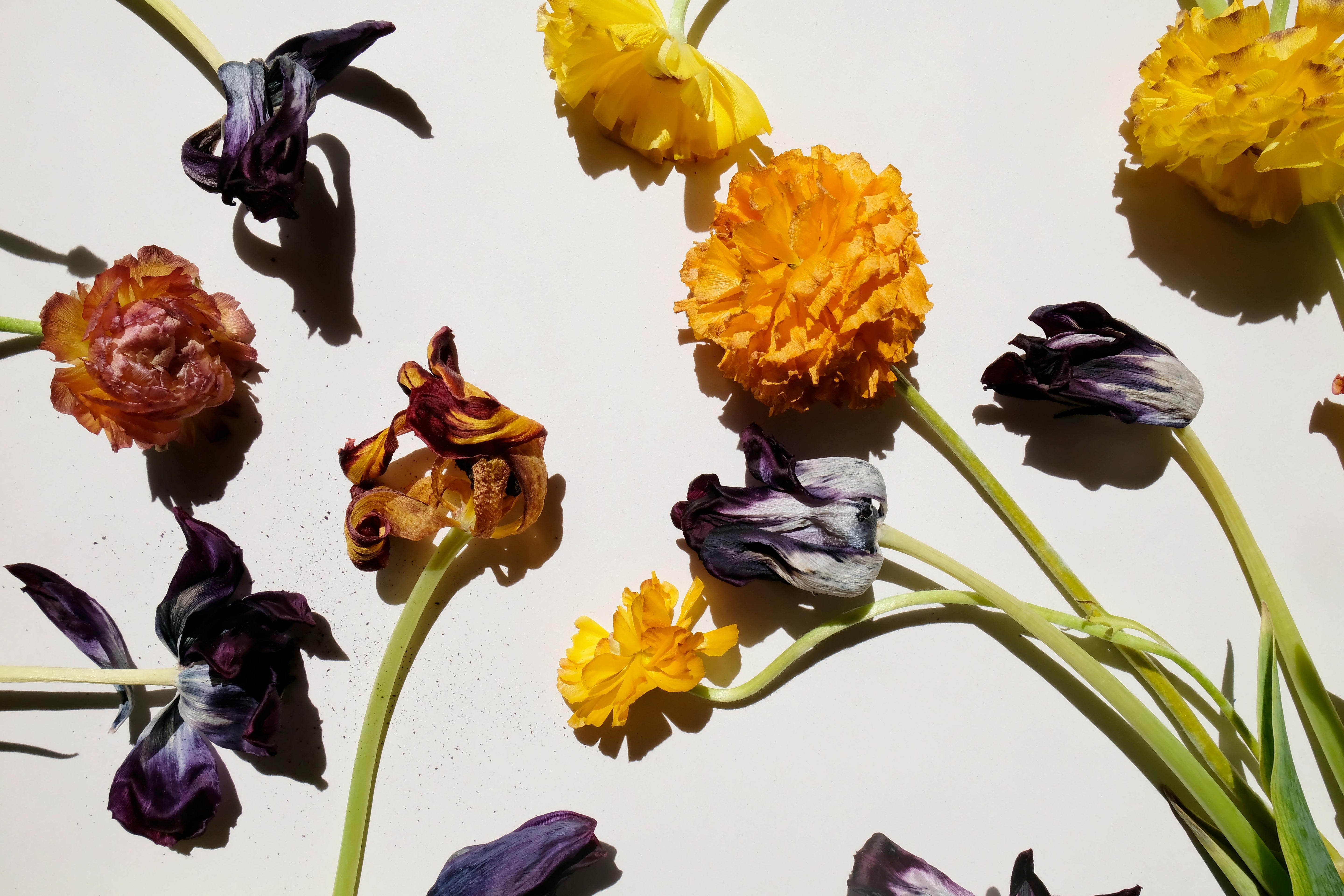
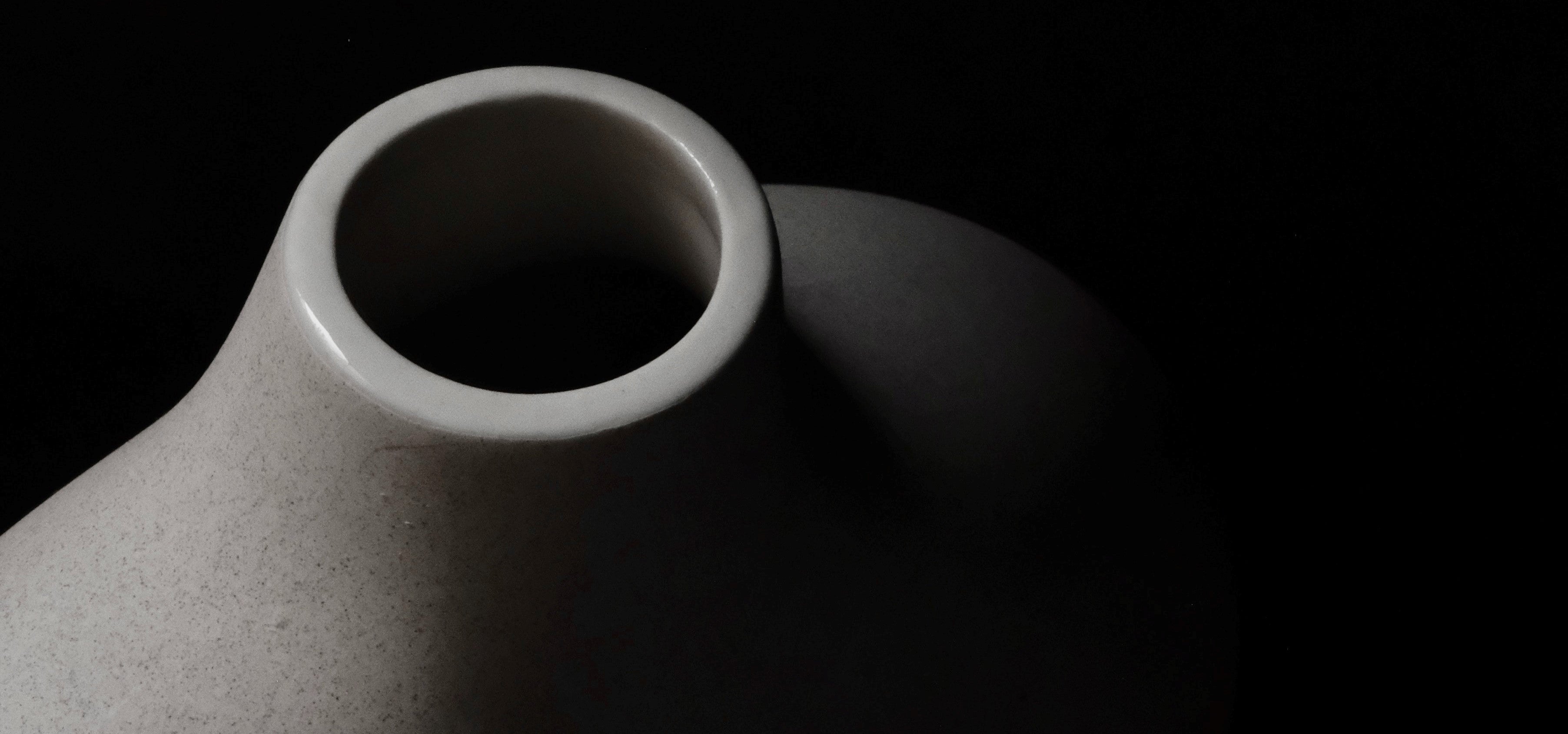
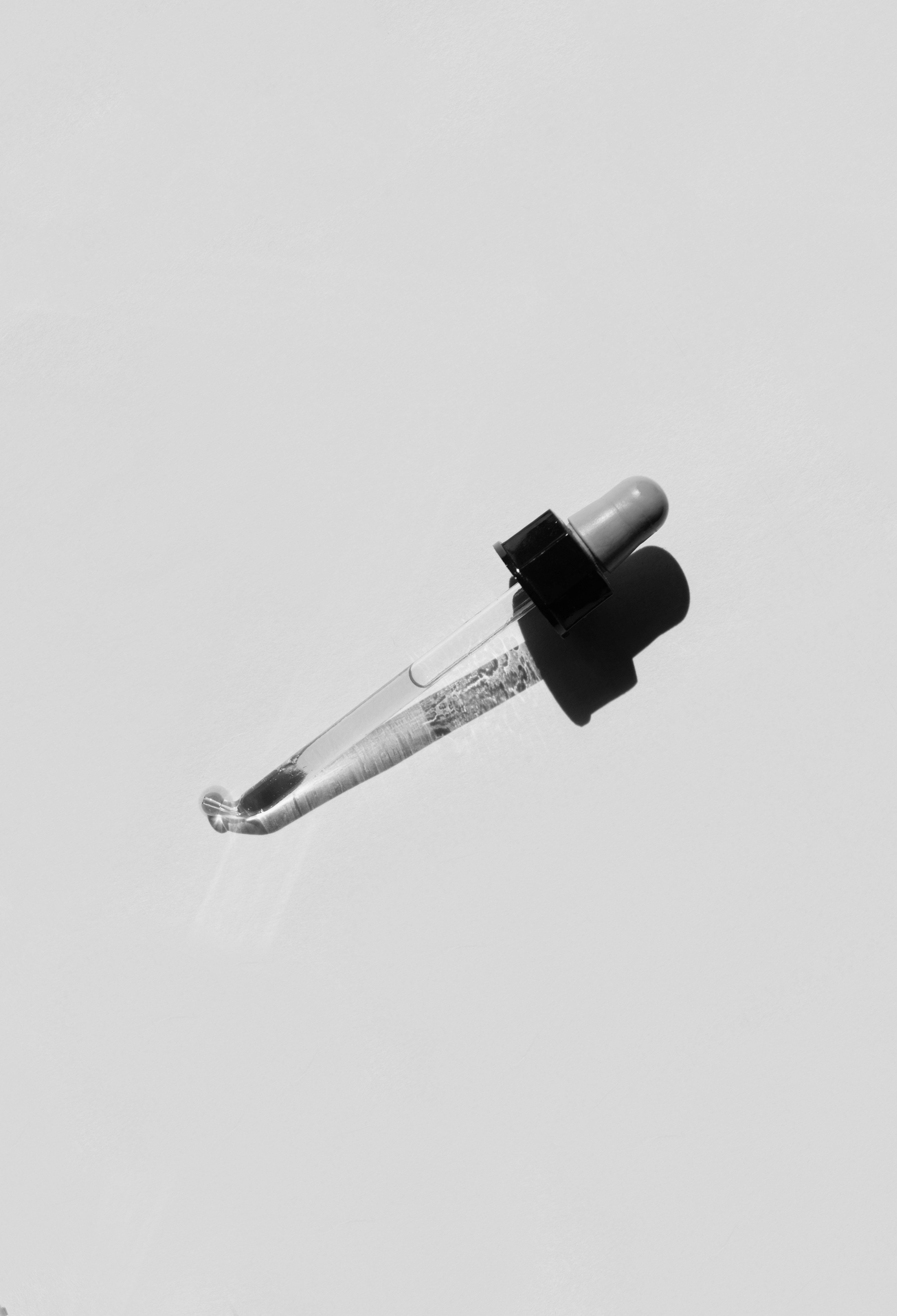
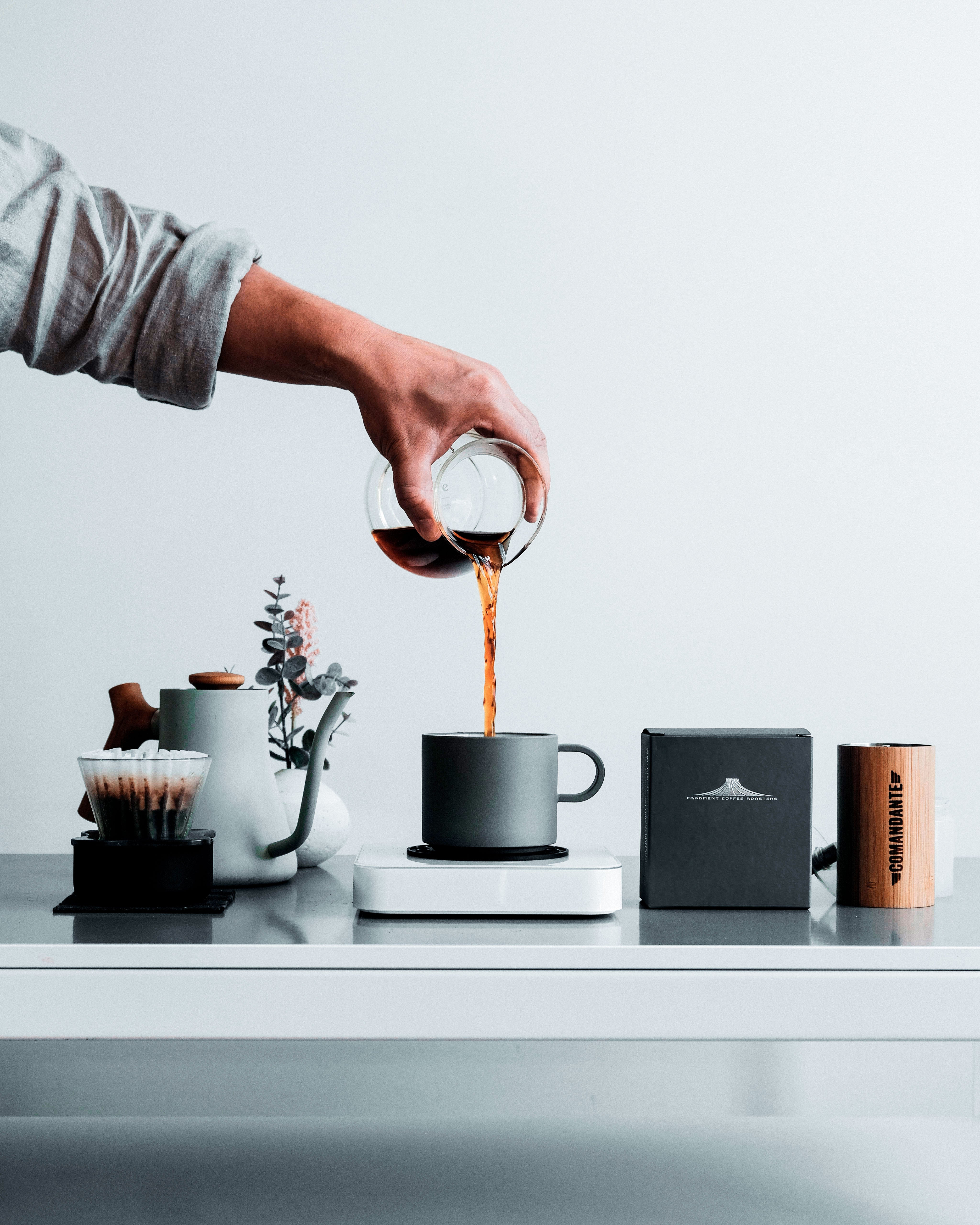
Me e comprado la calathea rufibarba estaba muy húmeda la tierra cada cuanto tengo que regarla no le tiene que dar el sol son las dudas que tengo os agradecería que me ayudarais gracias 😊
Leave a comment